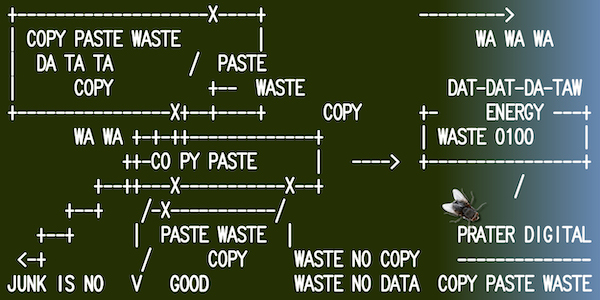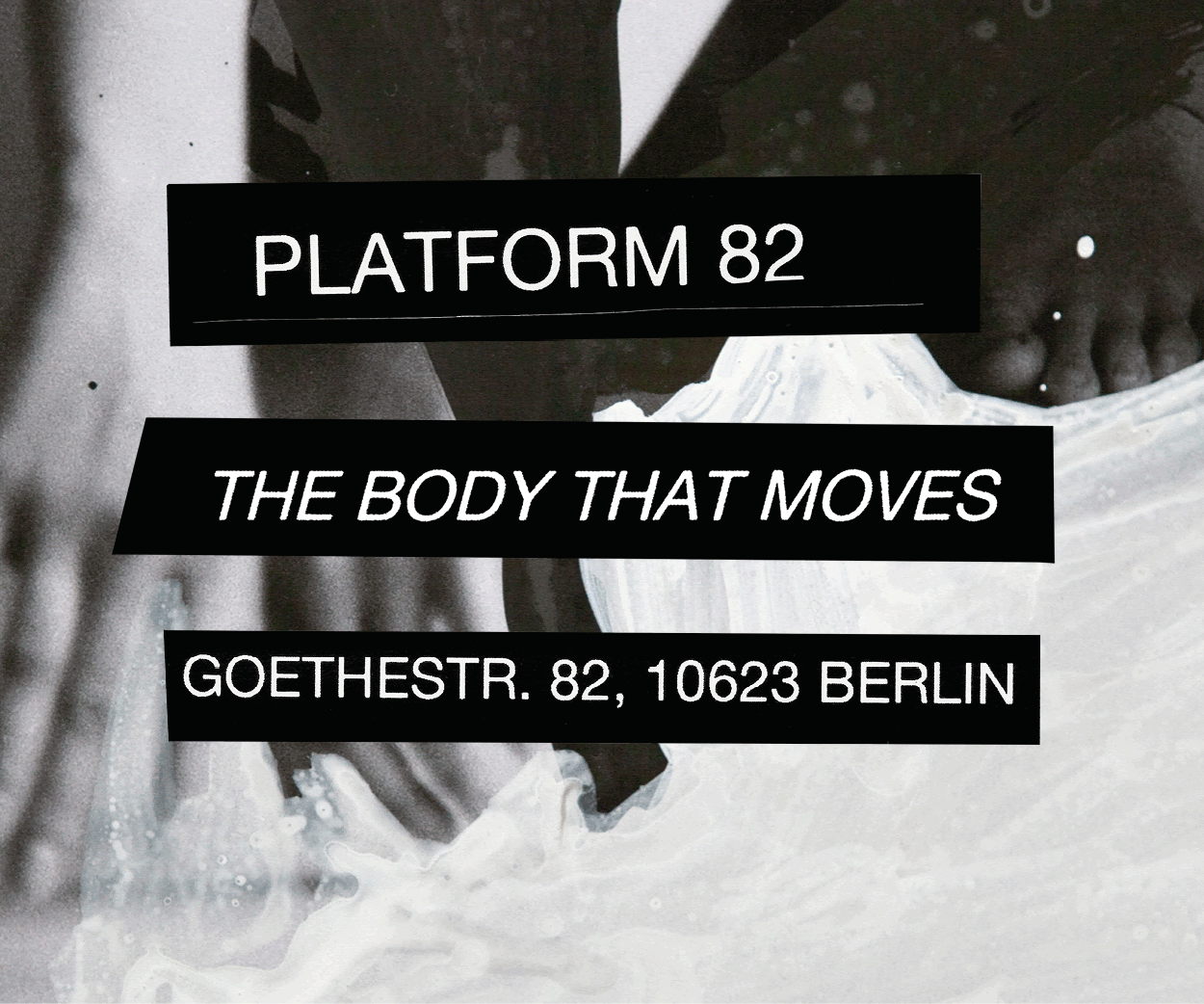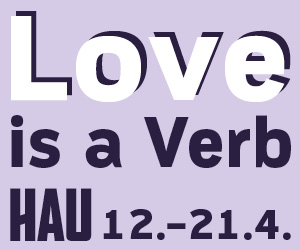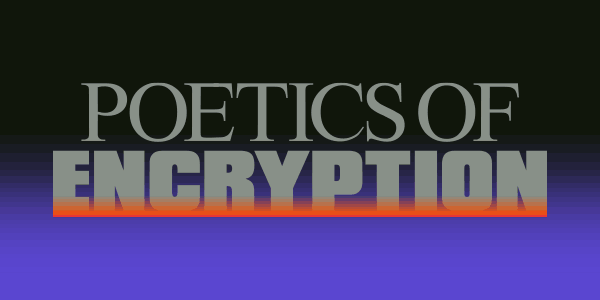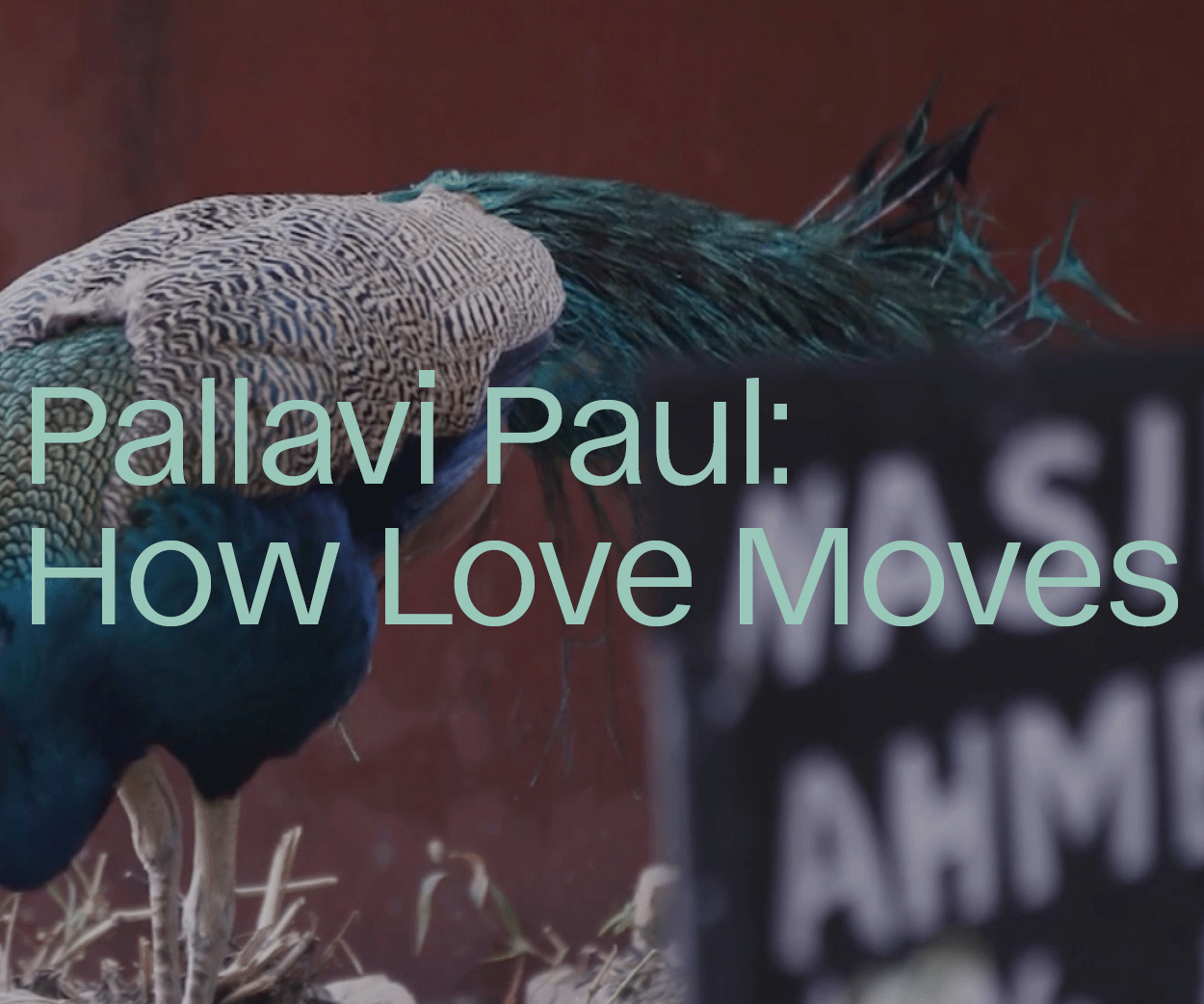Jessica Lauren Elizabeth Taylor‘s practice traverses performance, text, dialogue, dance and theatre with the intention to connect and strengthen communities of black people and people of color, and deconstruct the oppressive, dominant Eurocentric narrative that permeates the art world and its institutions. After relocating from the U.S. to Berlin, and witnessing a substantial lack of dialogue around race, as well as the misrepresentation of POCs living in the city, she founded the salon ‘Black in Berlin’: a safe space for individuals to share their experiences, aimed towards opening up discourse around race and not only around racism, open to sharing experiences that inspire collaborative celebration.
Berlin Art Link caught up with Taylor to discuss her project ‘Müttererde’ at District Berlin, the successes and challenges inherent in the ‘Black in Berlin’ salons and the ongoing journey of intervention into the dominant narratives of art institutions.
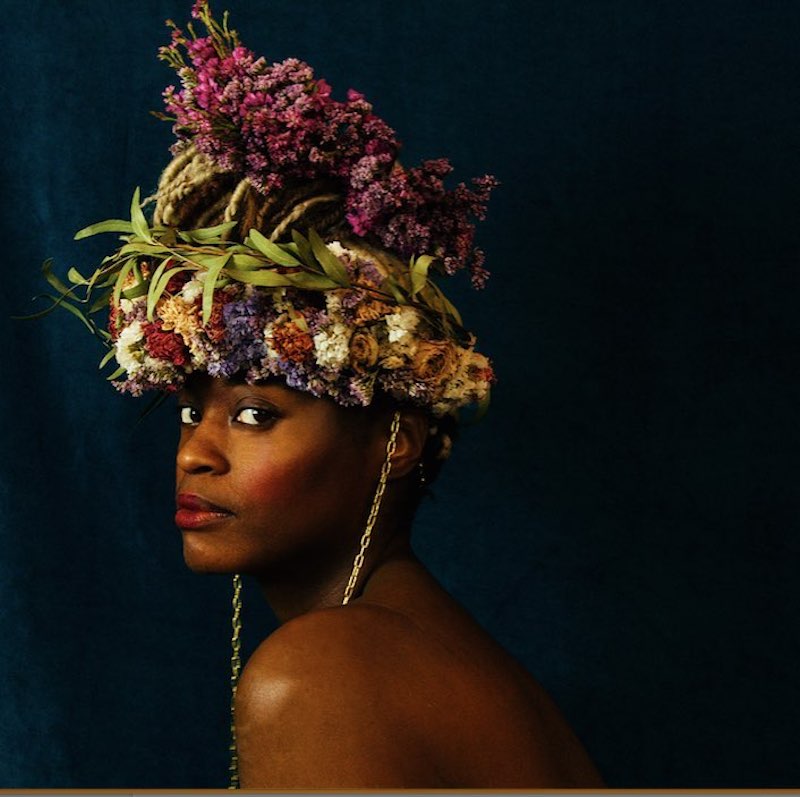
Portrait of Jessica Lauren Elizabeth Taylor // Photo by Mayowa Osinubi, courtesy of the artist
Kimberly Budd: You stated in an interview for ACUD, when asked about the intersection of politics and popular culture: “Politics and popular culture are a marriage as old as Methusela … I don’t really consider it a choice to bring it into my work. The work is dead without both.” Can you elaborate on what underpins your practice? What is integral to you?
Jessica Lauren Elizabeth Taylor: I consider myself a worker first. A skilled laborer. By that I mean that all of the knowledge and history within me informs my practice. For too long, I tried to steer away from my background, where I grew up, how I was raised, my accent, the artists I grew up seeing….because it didn’t fit into a Eurocentric ideal of art and beauty. Which is what I was taught to appreciate and mimic in theater school and in all of my arts education. I don’t regret learning all of the bullshit. Speaking multiple languages is always a gift. But the unlearning process has been rigorous. I came to recognize that my upbringing is the practice and the only work I have to do is channel it. That’s it. I had to get out of my own way to tell my narrative.
KB: How has your salon ‘Black in Berlin’ developed since its beginnings in 2013? Have you felt this has been successful in intervening in art world discourse?
JLET: The ‘Black in Berlin’ salon has exploded since 2013, mainly with the new format established in 2016. I’ve noticed a sharp increase in interest in the discourse surrounding the intersection of race, politics and art. And not just from the people who are directly affected. Blackness is trending right now in the contemporary art world. Which is great for me in terms of economics and visibility but also puts me in a state of fragility, wondering when the tide will turn. For now, I try to hold the spaces and places I interact with accountable, not just to me but to the communities they forget about. There is a steep learning curve in the Berlin art scene, one that I’m often not sure is co-opting Black culture or serving it.
KB: How would you like to see these events and in particular the conversations within and around the black/African-diaspora in Berlin develop? Why is this especially important in the art world or art institutions?
JLET: The true intervention will be when my work is not billed under the “diversity” category or curated as a “special interest” or “identity politics” piece; when it’s not labeled “black contemporary art”. It matters because these divisions not only separate us physically but they make an assumption that the work must be viewed through a special lens, which is unnecessary. We can appreciate the work of Tschabalala Self without being black or queer. This is, of course, not ruling out the very necessary BUFU spaces. My longterm war is with equity within arts institutions. 90% of black people and people of color working within these spaces are in the security and financial department. They’re not omnipresent in curation, managing or directing. So it leads to a question of “who do these spaces belong to?” And, for a long time, I experienced imposter syndrome. Which I had to unlearn. And now I recognize that it belongs to me, it’s all mine. And that’s a radical thought as a black queer woman.
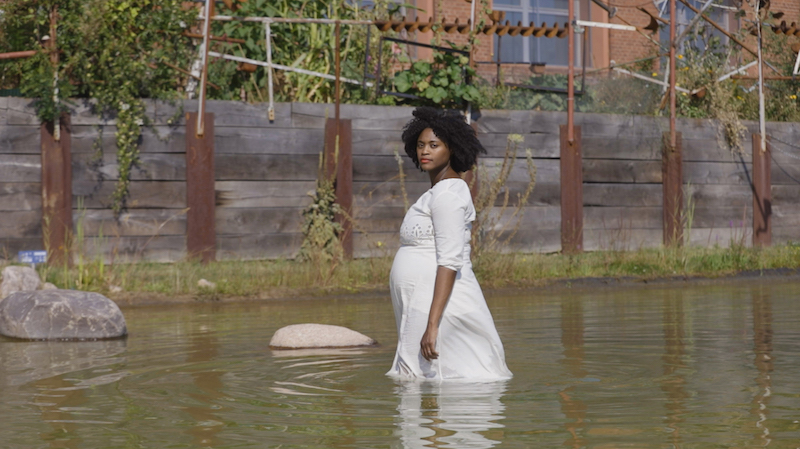
Jessica Lauren Elizabeth Taylor, portrait // Photo by Müttererde cinematographer Astrid Gleichman
KB: The recent District exhibition, ‘When the Sea Looks Back. A Serpent’s Tale’ by the Many Headed Hydra collective is quite dense in its contributors, content and conceptual framework. Could you talk us through how the exhibition unfolded and your contribution in particular?
JLET: My contribution was to the publication that accompanies the exhibition “Undisciplinary Learning: ReMapping the Aesthetics of Resistance”, which is a workbook, published by Archive Books, in relation to knowledge production, intersectional pedagogies and self-organization in art and education. I love the idea of a workbook that implies a set of problems to be solved collectively. How many times do we ingest content presented as fact? A collective set of ideas that shift and change from various workers in arts and education seems to be a more fruitful way of working. My piece ‘A 5 Point Action Plan for Untying the Knots: Remapping Resistance as a Young (Black) Artist, A Conversation with Myself’ presents suggestions on how to navigate within the art world as a highly visible body. It comes from a workshop I ran entitled “untying the knots…ich hab bauchschmerzen”, in which I taught people how to have self-confidence. Or at least pretend to. It’s a conversation I have with myself every day in the bathtub.
KB: Your upcoming project for District, ‘Müttererde’ is a collaborative, multi-voice video work that engages with femme forms of ancestral histories and the often ‘interrupted historical knowledge of the African diaspora in Europe’. What are you hoping to communicate through this work?
JLET: This work, like the salon, is so much bigger than me. The ‘Müttererde’ series is an archive of African diasporic femme lineage: one that I haven’t seen very well documented in the past. Descendants of the African diaspora are so widespread and disconnected from one another that it can be hard to imagine what connects us, other than a deeply traumatic history. I want to highlight the stories that connect us, to celebrate the stories of our mothers that have been buried. But I also want to acknowledge the transference of pain and trauma and ways we can combat passing these on. The film portrays six people—from England, the U.S., Gabon, the Dominican Republic, Argentina and Benin—who tell the stories of their matriarchal lineages. The project grew out of a desire to connect with my mother’s line, which I hardly know anything about. I’ve always wanted to know: what hobbies did my great-grandmother have? What was my grandmother’s sex life like? And, as Alice Walker asks: “How was the creativity of the black woman kept alive, year after year, century after century?” Through these six stories I want to add to records that have been unkept. This archive of black femme ancestral knowledge will certainly outlive me. And I hope that the revelations within it will inspire our daughters to continue to disrupt.
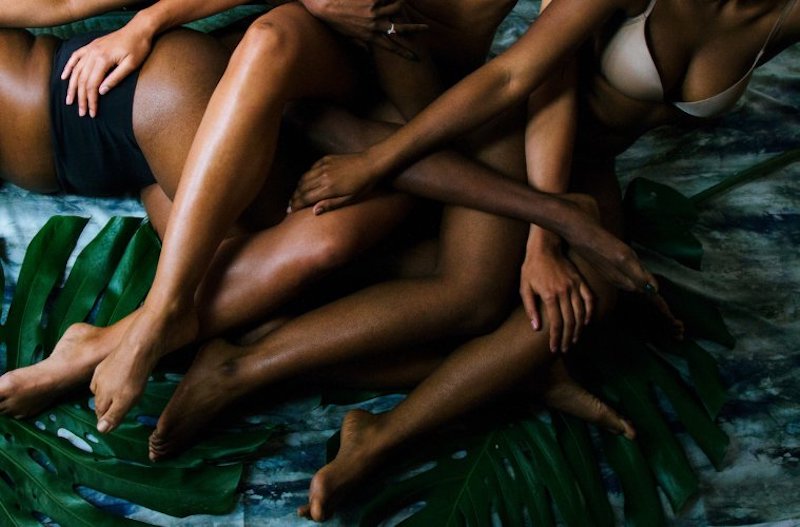
Poster for ‘Müttererde’ // Photo by Mayowa Osinubi
Artist Info
Additional Info
DISTRICT BERLIN
Jessica Lauren Elizabeth Taylor: ‘Müttererde’
Screening: Dec. 14, 2017; 6–10pm
Bessemerstraße 2–14, 12103 Berlin, click here for map


